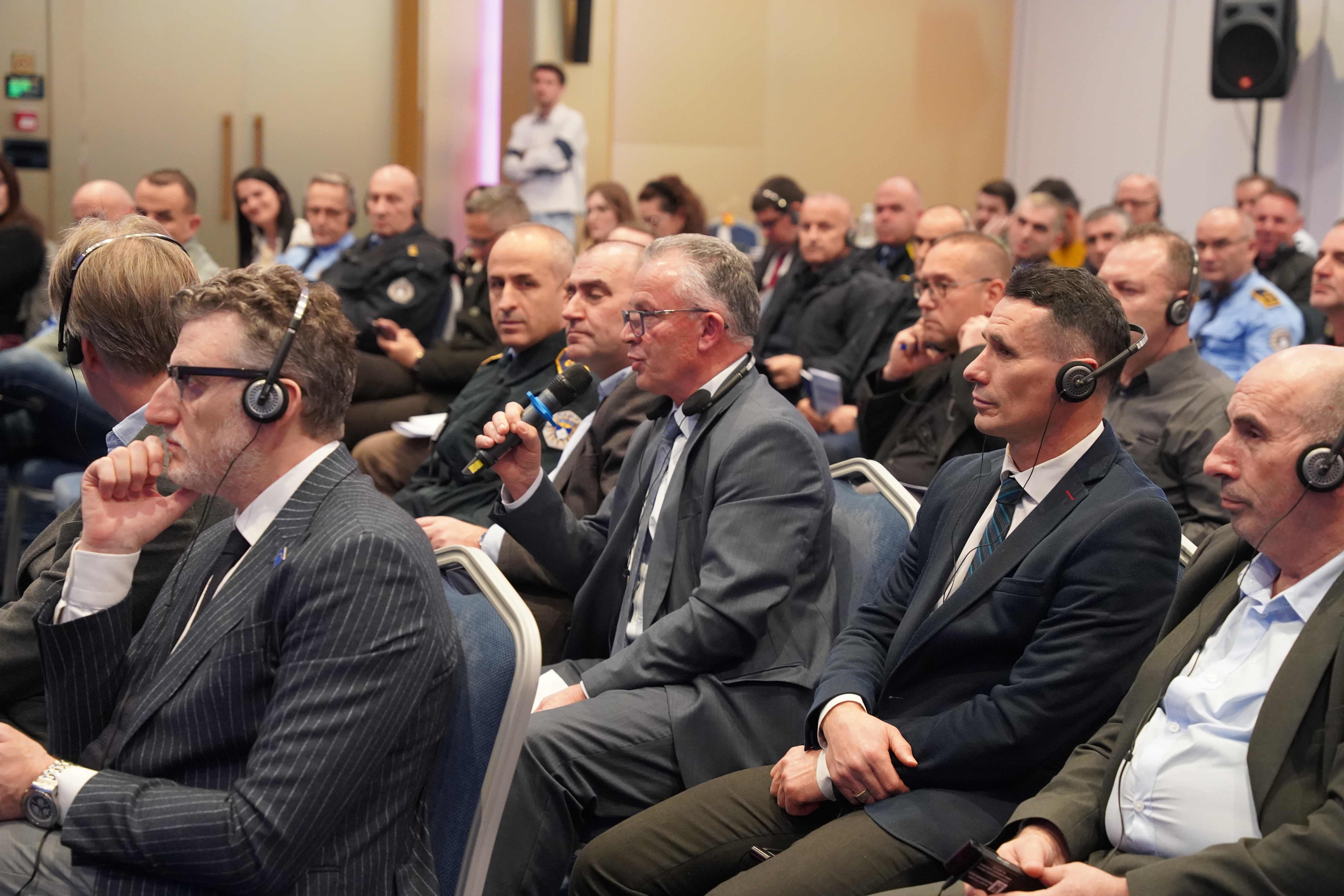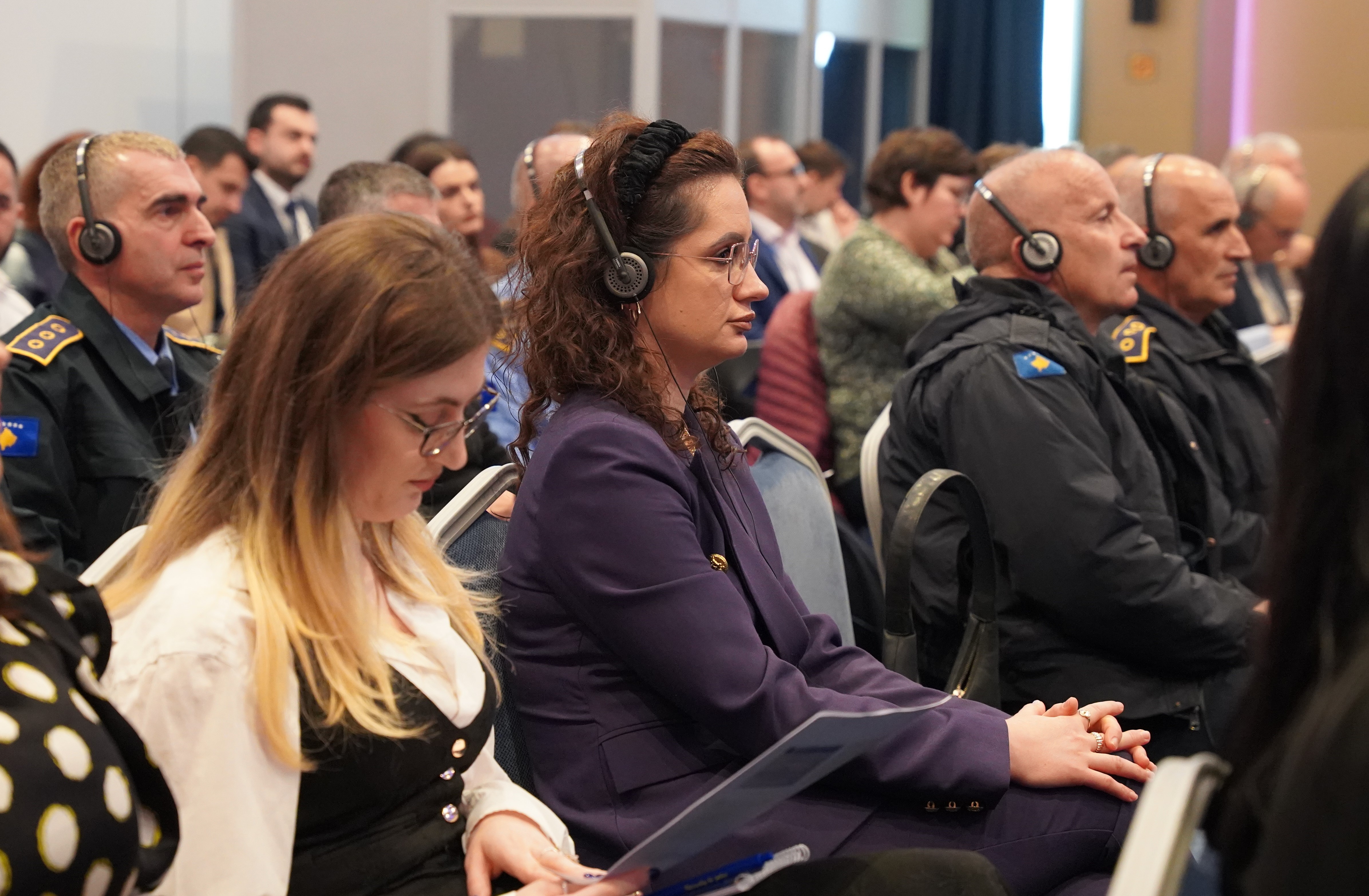31 January 2025
On 31st of January 2025, the European Union Rule of Law Mission in Kosovo (EULEX) organized the seminar “SWOT analysis—a valuable tool for identifying strengths, weaknesses, opportunities, and threats in addressing environmental crimes.”
The event brought together a diverse group of stakeholders, including representatives from Kosovo Police, the Prosecution, the Ministry of Agriculture, Forestry and Rural Development, the Ministry of Environment and Spatial Planning, as well as international organizations, and it aimed to foster a more coordinated and informed approach to preventing environmental crime.
In her opening remarks, the EULEX Deputy Head of Mission, Emily Rakhorst, emphasized that: "Strengthening Rule of Law institutions to effectively counter environmental crime has become a priority for the EU. Given the interconnectedness of environmental crime with other forms of criminal activity, ensuring the unrestricted flow of information and coordinated action is essential for effective institutional responses." She concluded by stressing the urgent need to step up efforts in countering environmental crimes—not only to safeguard the livelihood and human rights of today’s population but also to secure prosperity for future generations.
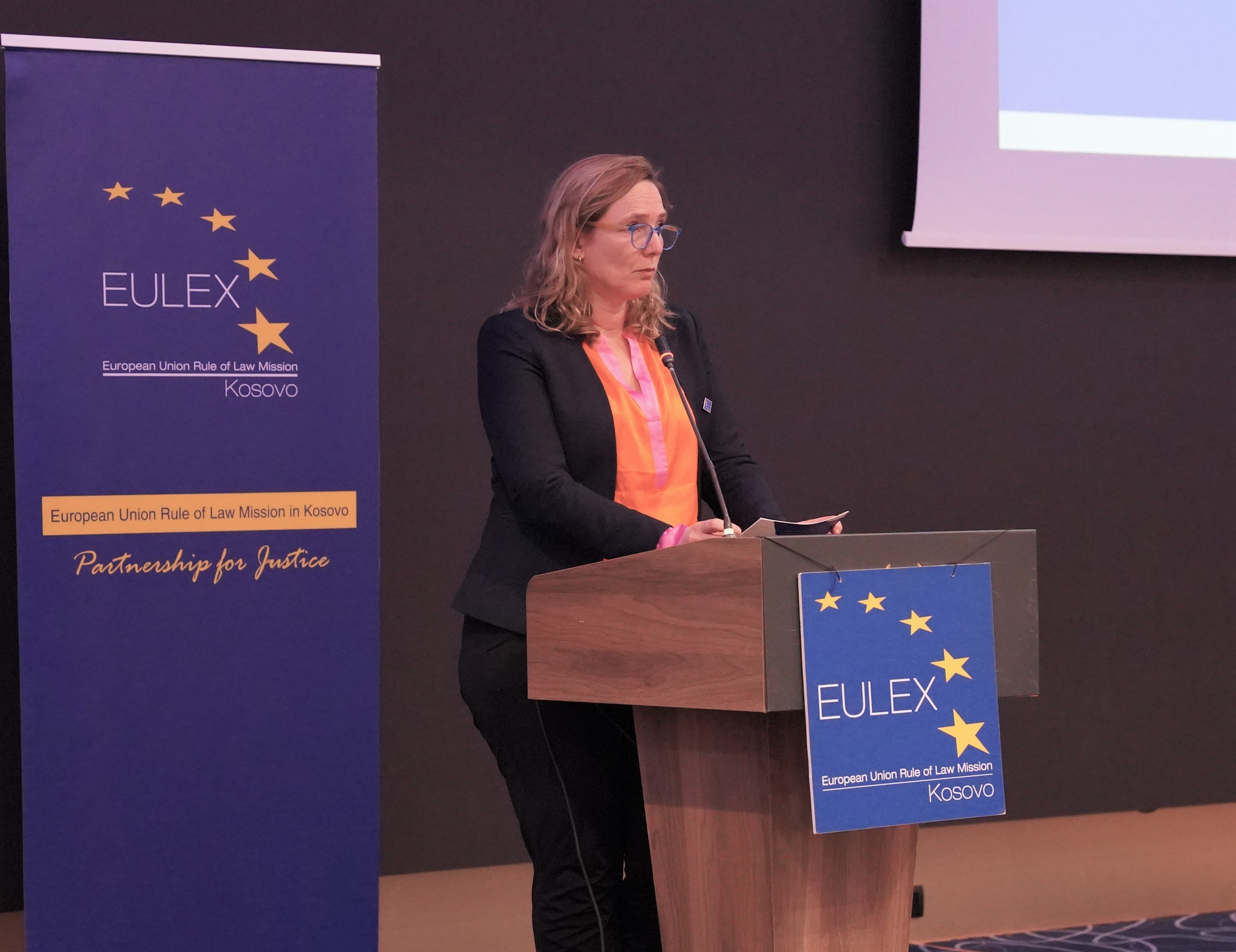
The Thematic Lead Monitor for Environmental Crimes at the EULEX Case Monitoring Unit, Vesa Satamo, provided an insightful overview of the current state of environmental crime in Kosovo, including data on case numbers, ecosystem damage, costs, and trends, as monitored by the Mission.
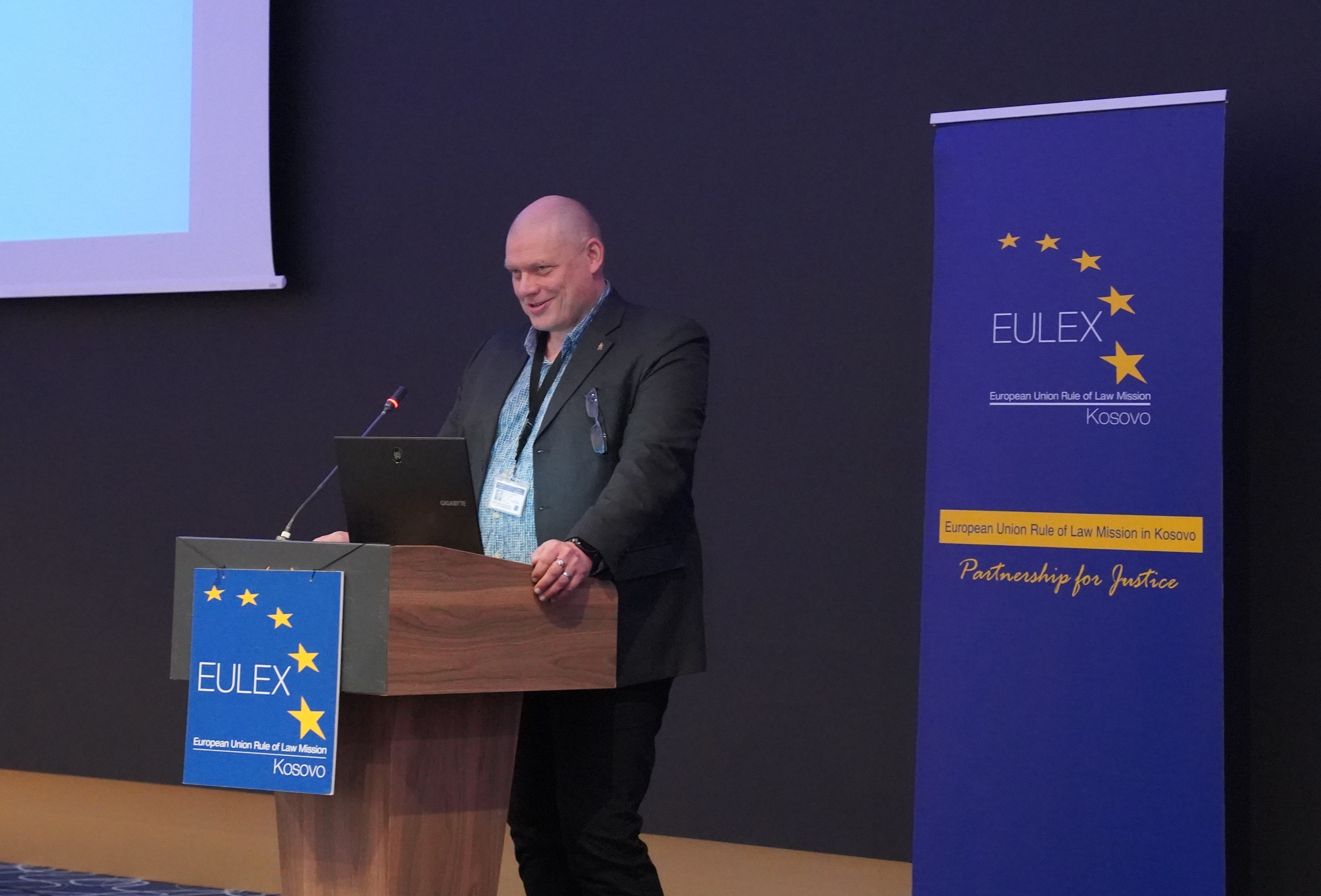
The Chief Prosecutor of the Basic Prosecution Office of Peja/Peć, Lumturije Vucetaj, presented the status of illegal construction cases in her region, which is, regrettably, one of the most affected from environmental crime. While noting that the Basic Prosecution Office in Peja/Peć has handled over hundreds of cases, with many resulting in positive judgments, she acknowledged that much work remains to be done, as there are still significant challenges in enforcing the rule of law, especially when it comes to protecting the environment.
Vucetaj emphasized in particular that prosecutors carry a heavy responsibility and must work tirelessly to break the cycle of crimes, particularly those that harm the environment.
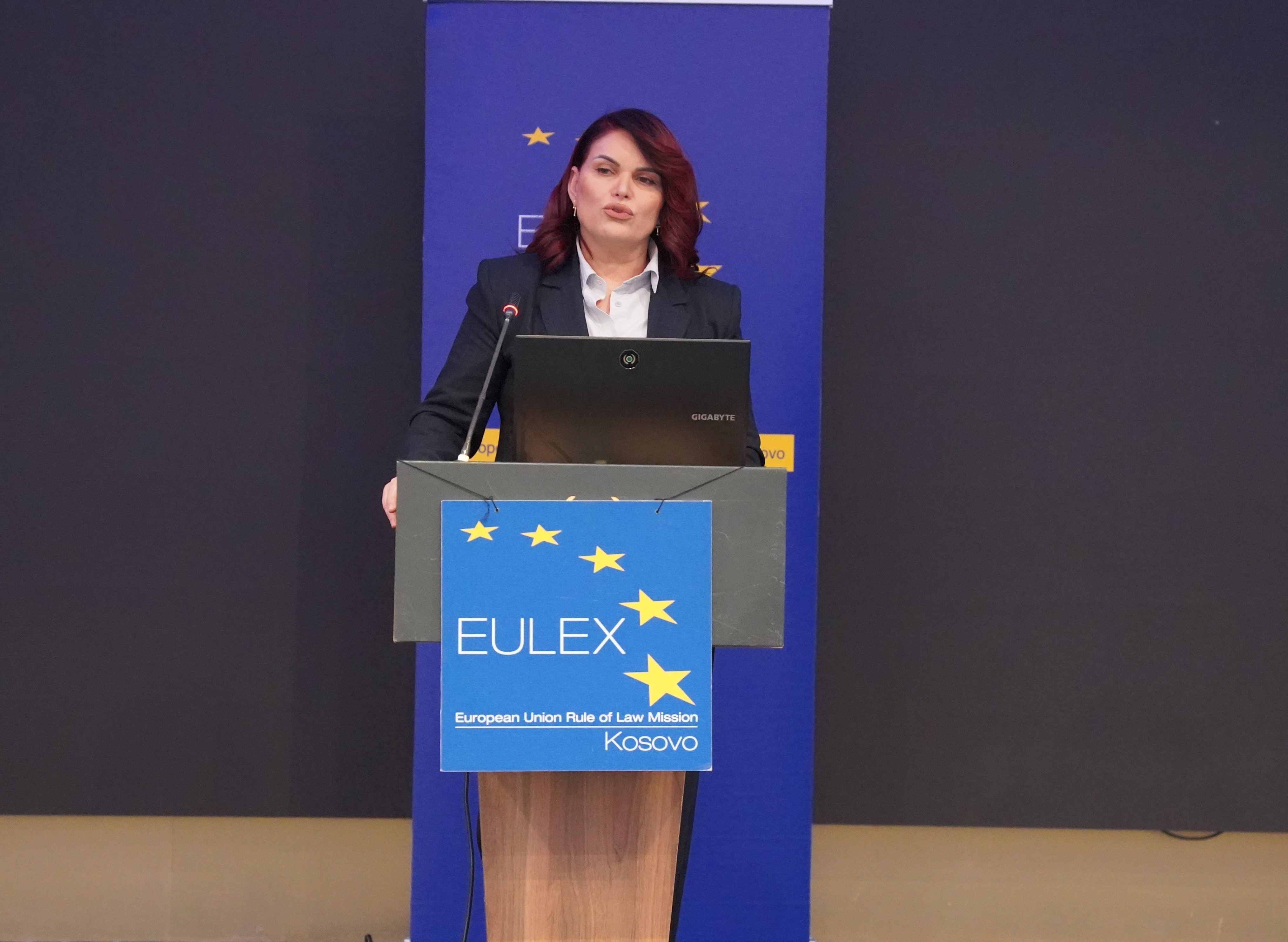
In his presentation, the EULEX Thematic Lead Monitor for Corruption Offenses, Albert Effendi van Nunen Karioen, provided an elaborate explanation of the SWOT analysis methodology and its potential applications within Kosovo’s rule of law institutions. He concluded by stressing that the SWOT analysis is not a one-time process but a continuous tool for monitoring and adjusting strategies, as Kosovo’s legal institutions evolve in response to both internal and external changes.
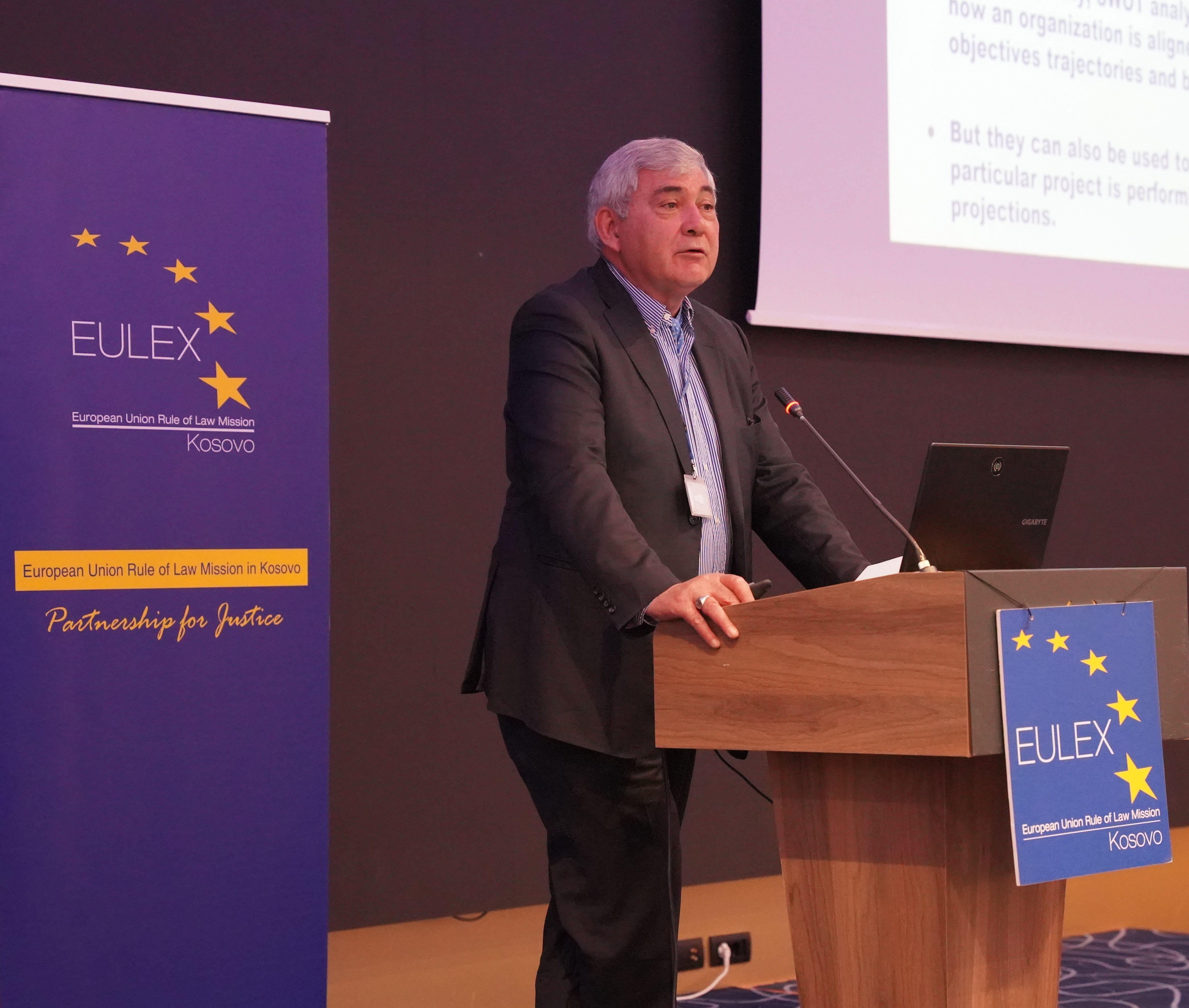
Throughout the seminar, participants engaged in meaningful discussions on how Kosovo’s rule of law institutions can better coordinate to address environmental crime. The consensus was clear: tackling this issue requires more than reactive measures; it requires a proactive, strategic approach led by law enforcement and prosecution, and supported by robust institutional backing, effective information sharing and cooperation.
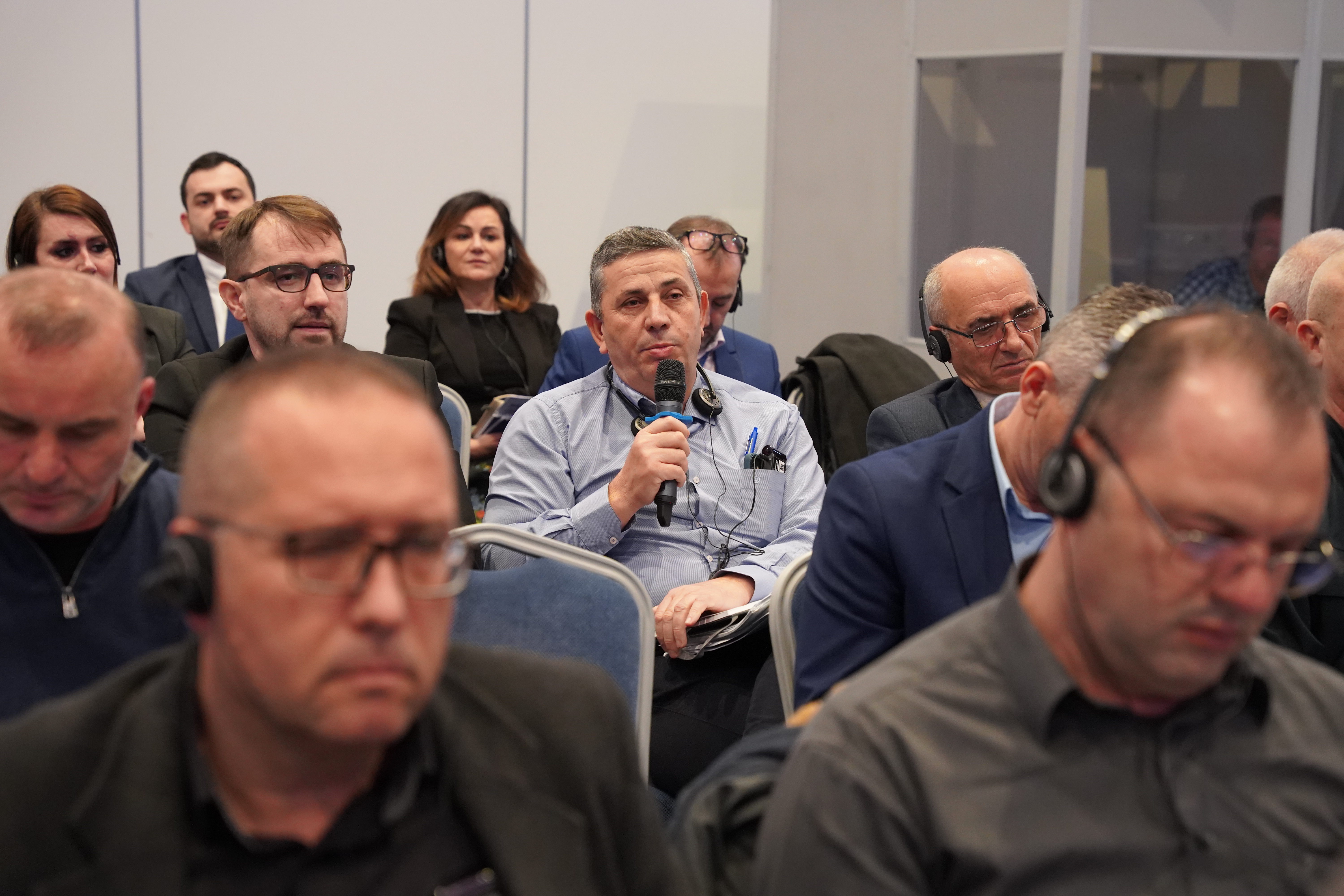
With continued support from EULEX to Kosovo Rule of Law institutions, Kosovo is poised to strengthen its response to environmental crime, ensuring a more sustainable and secure future. In the fight against environmental crime, a unified response is key to preserving Kosovo’s environment for future generations.
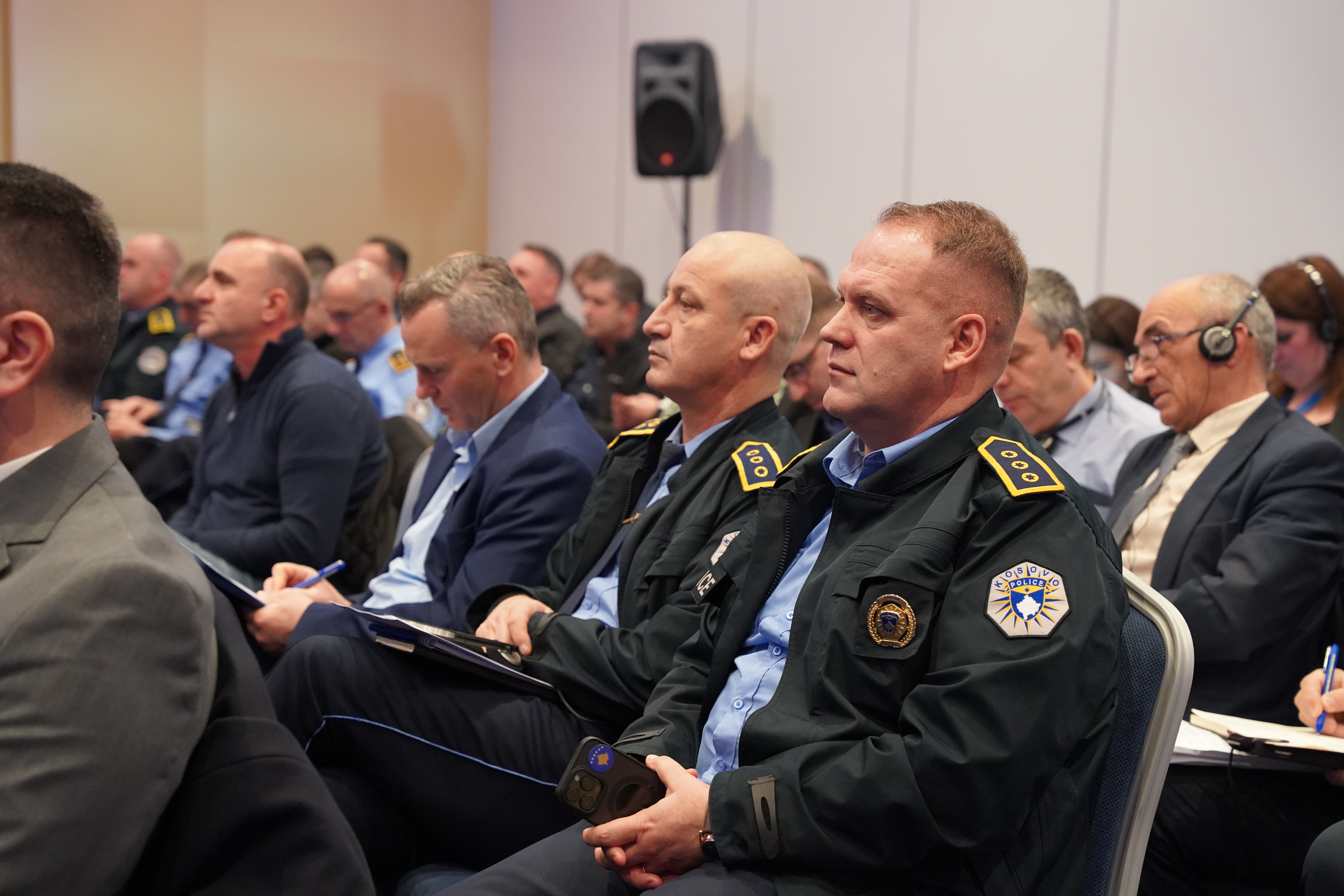
The seminar was part of the EULEX’s small scale project “Environmental Crime,” developed within the framework of the European Multidisciplinary Platform Against Criminal Threats (EMPACT). Back in April 2024, the Mission kicked off the project with the organization of a high- level conference on the occasion of the conclusion of Earth Week.

